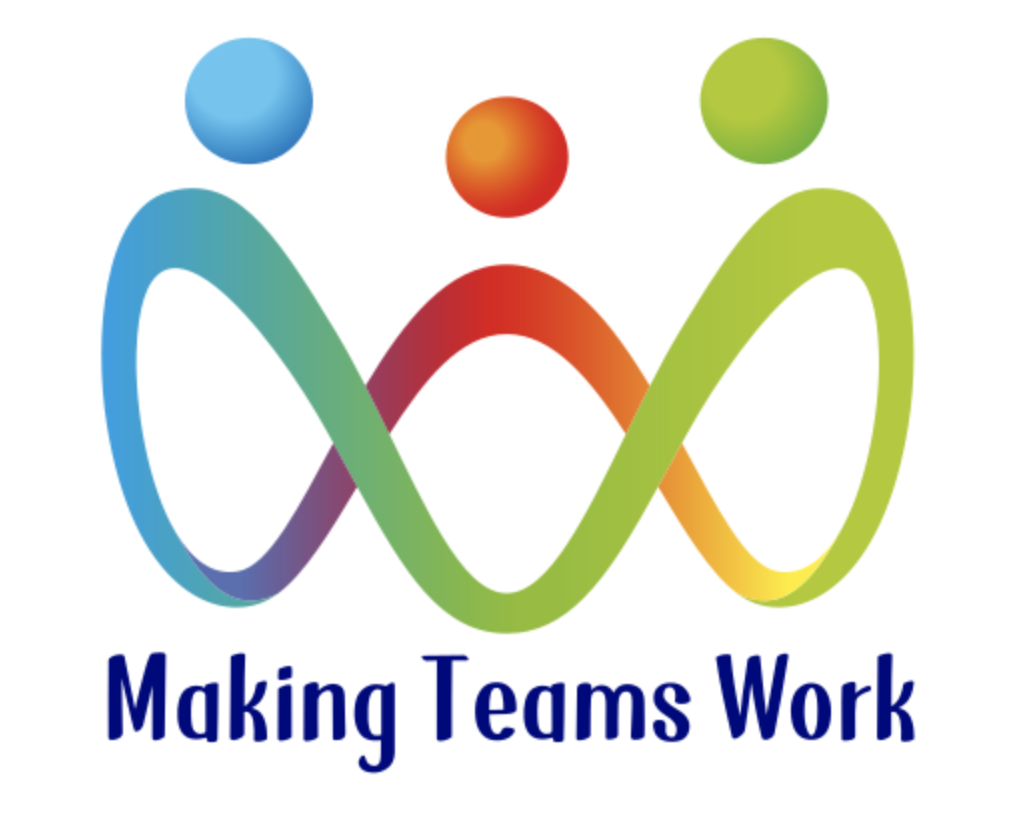Building your resilience
As a keen runner, I was once extremely resilient biomechanically. Ten mile training runs and regular long distances built up my physical resilience to be able to withstand the work required to complete a marathon in under 3 hours. Being physically fit and resilient led me to be more emotionally and mentally resilient: when I was running regularly, issues at work seemed more like bumps in the road than major issues and challenges.
However, it wasn't all plain sailing. As a result of sitting at my desk for extended hours of a tough project, my core strength dropped. That in turn meant that when I ran, the workload was taken by other muscles and eventually I developed achilles tendonitis.
The physio gave me a daily set of (slightly weird) stretching and strengthening exercises. Like many runners, I wasn't very keen on doing them, but driven by my low mood from missing running, I doubled down to get back into my trainers as soon as I could.
Some days it was better, while some days it was worse again - but there was a definite upward trend, however slow. ‘You know what this is going to be like’, my physio said at the last appointment. ‘It’ll be a mental and physical rollercoaster, but it will definitely improve'.
Today I've made strength training a core part of my routine with weekly PT sessions that push me harder than I've ever worked. And it's fun. Because I know that when I get back to marathon training, I'll be able to put in the long runs again without becoming injured. I'll be stronger. And different. No bouncing back here!
As I hinted at in the last post, people who are more resilient are able to handle the stresses and challenges of life and work more effectively. They are less vulnerable to getting knocked down by such challenges; they see difficult situations as just a part of life, rather than an immovable obstacle.
However, this does not mean that they walk away from challenges unchanged. Often they find themselves completely drained and needing time to recuperate and process what happened. While we might think that experiencing challenging situations such as multi-vehicle road traffic collisions might have only negative impacts on those emergency service personnel involved, studies have shown that these experiences can actually build resilience - at least for some of us.
The good news
The good news is that resilience can be developed. Enabling people to build (or rebuild) their resilience is more likely to have a significant impact on their wellbeing than head massages at their desk or away-days doing blind 4x4 driving - as enjoyable as those might be.
In organisations where there is high complexity, risk and/or high rate of change, high resilience levels can have a positive effect. The benefits that increased resilience can bring to the workplace are endless - but here are a few examples:
- Improved communication
- Better handling of change and challenges
- Better team relationships
- Reduced burnout
- Clearer boundaries
- Better organisation and time management
Psychologist Dr Mark Winwood puts this in a great way:
“While we’re not necessarily born with an ability to deal with potential setbacks, some people can appear to be better equipped – or more resilient – than others to face life’s challenges. But resilience is something we can all develop and grow. Being aware of the lifestyle choices that can increase our ability to bend rather than break when we face adversity can help us not only survive, but thrive... While committing to make big changes can seem daunting, taking a number of small steps such as reducing caffeine intake, taking a lunchtime walk and spending time with our friends and family can make a big difference to how we feel."
I hope that this series of posts has given you a better idea of what resilience is, as well as why it's important in the workplace. As always, any comments or questions let me know!


